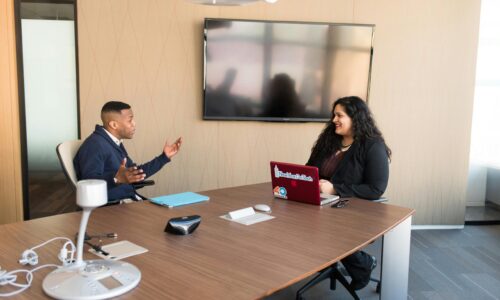Why Clinical Consultation After Licensure is Important
By Nikka Alma
As a seasoned therapist, I have had the privilege of witnessing the transformative power of clinical consultation both during and after my licensure process. While many therapists view clinical supervision as a necessary step to achieving licensure, its importance does not diminish once the license is in hand. In fact, I would argue that supervision, or consultation, becomes even more critical after licensure.
In this blog I’ll show why ongoing clinical consultation for your clinical work after obtaining your independent licensure is essential.

Continuous Professional Growth
Therapy is an ever-evolving field. New research, techniques, and theories constantly emerge, requiring therapists to stay updated to provide the best care for their clients. Clinical consultation is a structured way to ensure your continuous learning and professional development. It’s not just about fulfilling requirements; it’s about commitment to growth.
In my own practice, I’ve found that regular consultation sessions provide a dedicated space for learning. They offer opportunities to discuss the latest research and how it can be applied to client work. This keeps my practice fresh and informed by the latest developments in the field.
Preventing Professional Isolation
One of the biggest challenges therapists face is professional isolation, especially when working remotely. After licensure, many therapists move into private practice, where they may work alone or in small groups. Without regular interaction with colleagues, it’s easy to feel isolated and overwhelmed by the complexities of client work.
Clinical consultation offers a solution to this. It provides a regular opportunity to connect with other professionals, share experiences, and gain new perspectives. For me, these sessions have been invaluable. They have not only enriched my practice but also provided a sense of community and support, so I feel less isolated and alone.
Enhancing Clinical Skills
No matter how experienced a therapist is, there is always room for improvement and growth. Clinical consultation offers a space to refine and enhance clinical skills. Whether it’s through discussing challenging cases, exploring new therapeutic approaches, or receiving feedback on specific techniques, these sessions contribute significantly to skill development.
I recall a particularly challenging case early in my career where I felt stuck. Through consultation, I received invaluable feedback and suggestions that not only helped me move forward with that client but also improved my overall approach to similar cases in the future.
Self-Care and Burnout Prevention
Therapists are often at risk of burnout due to the emotionally demanding nature of their work. Clinical consultation plays a vital role in preventing burnout by offering you a space to process the emotional impact of client work, while developing effective self-care strategies.
Personally, I have found that regular consultation sessions help me maintain a healthy work-life balance by learning from others and how they would navigate this challenge. Whether you engage in individual clinical consultation or group consultation, the sessions provide an opportunity to discuss the emotional toll of the work and receive support and guidance on how to manage it effectively.
Real-Life Examples
Several years ago, I encountered a client with a rare and complex disorder. The usual techniques and interventions didn’t seem to work. Through consultation, I was introduced to a new therapeutic approach that I had not considered before. Implementing this new approach led to significant progress with the client and broadened my therapeutic toolkit.
I feel excited to come to the consultation groups as I know I will learn something new or be exposed to new ideas, thoughts or viewpoints. This is always refreshing and inspiring as after a few years of practicing, your go-to techniques and interventions can get a little bit stagnant.
Clinical consultation after licensure is not just a formality; it is a vital component of a thriving and ethical practice. It fosters continuous professional growth, prevents isolation, enhances clinical skills, ensures ethical practice, and supports self-care and burnout prevention. For therapists committed to providing the best care for their clients and continually growing in their profession, ongoing clinical consultation is indispensable.
If you’re a therapist who has just achieved licensure, or even if you’ve been practicing for years, I encourage you to seek out and engage in regular clinical consultation. It’s an investment in your professional development, your clients’ well-being, and your own self-care. Don’t view it as a requirement to check off but as an essential part of your journey as a therapist.
How we can help
If you are seeking clinical consultation, reach out today for a Free Phone Consultation to see which supervisor is the best fit for you!




